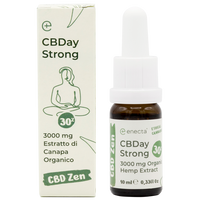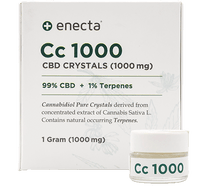A detailed medical history is the first step in determining the possible causes. On the one hand, the doctor inquires about previous illnesses, use of medication, dietary habits, stress factors, or whether you take medicines.
On the other hand, he asks how severe the disorder is and whether it causes pain. If this is the case, it is crucial to know where the pain is located, when it first occurred, and whether it is related to the consumption of food or drinks.
The last point is crucial since, in some diseases, such as gastric ulcers, the pain usually occurs about two hours after eating. This step is followed by a physical examination, during which the doctor palpates and inspects the abdomen. Especially in cases of acute pain, abdominal tenderness (when pressure causes pain) can help to rule out possible appendicitis. In addition, one often relies on equipment-based diagnostics that can provide more precise information about possible causes.
The most common is probably sonography. It is quick and risk-free and gives the doctor a rough picture of the condition of the affected organs. Sonography can detect stomach ulcers, for example.
To obtain more precise results, one moves on to endoscopy (gastroscopy). This allows to detect gastritis or tumors, among other things. Gastroscopy also allows for taking tissue samples. Stool, urine, and blood samples can also be revealing.
































